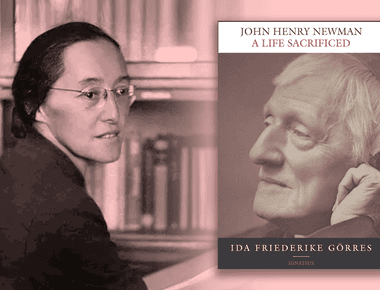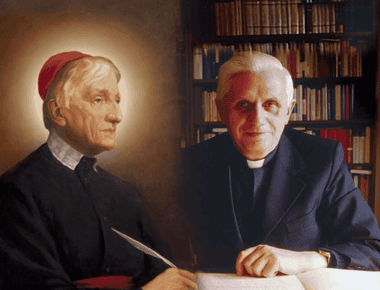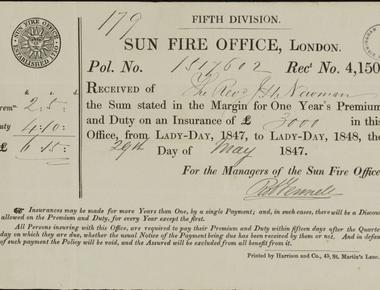
In 2004, German Catholic scholar Hanna-Barbara Gerl-Falkovitz edited and published a posthumous edition of Ida Görres’ book on Newman, Der Geopferte: ein anderer Blick auf John Henry Newman, which Görres had originally written in the 1940s. In this interview, Jennifer Bryson asks Gerl-Falkovitz about the project and the knowledge gained in editing Görres' work. Bryson has published a new English translation of the book entitled John Henry Newman: A Life Sacrificed.










